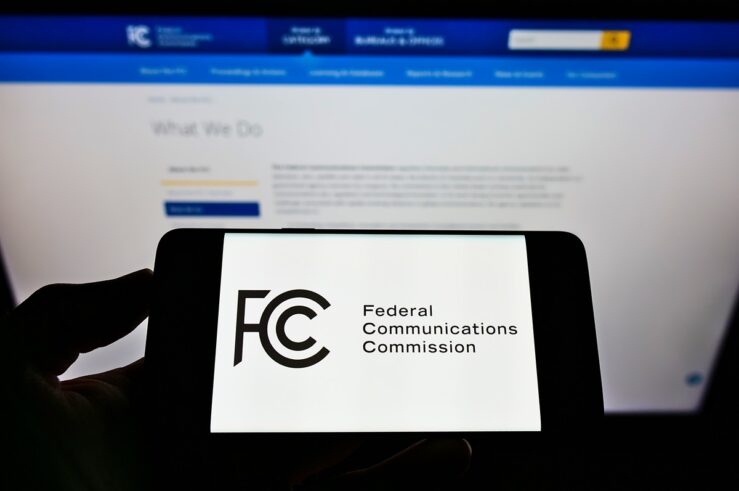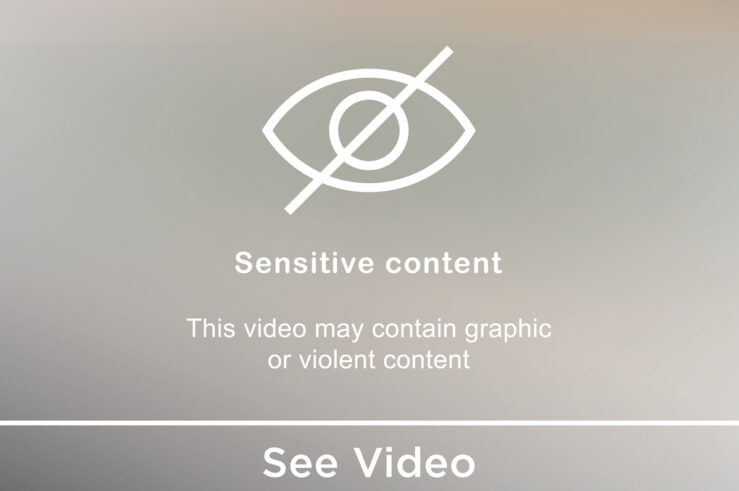Showing archive for: “FCC”
The Year in Telecom: A Hootenanny Roundup
They say that when you’re raising kids, the days drag on, but the years fly by. The same could be said for this year in telecom policy. In 2024, the telecommunications industry faced a whirlwind of regulatory changes, legal challenges, and more than its fair share of fire drills without a fire. Let’s use this ... The Year in Telecom: A Hootenanny Roundup
Forced Sharing: Stepping Stones or Stumbling Blocks?
Recent headlines about the U.S. Justice Department’s (DOJ) antitrust case targeting Google Search echo a familiar policy script. In a recent Wall Street Journal op-ed, Thomas Lenard and Scott Wallsten warn that forcing Google to share its technology could undermine innovation—a lesson they say we should have learned from telecommunications policy decades ago. In 1996, ... Forced Sharing: Stepping Stones or Stumbling Blocks?
What Project 2025 Can Tell Us About Brendan Carr’s FCC Priorities
My high-school-aged son came home from school the day after Election Day in distress. His history teacher spent the entire class listing the Parade of Horribles in Project 2025 and its dire consequences for the United States. I asked my son, “Project 2025 is more than 900 pages. Do you think your teacher read it?” ... What Project 2025 Can Tell Us About Brendan Carr’s FCC Priorities
FCC’s New Satellite Rules: Sharing Is Caring
In the aftermath of Hurricane Helene in September, SpaceX provided a masterclass in public relations by handing out thousands of Starlink satellite-broadband kits, waiving monthly fees, and enabling emergency alerts over cellular networks in affected areas. Not only did the effort generate significant goodwill for the company, but it also demonstrated that satellite technology can ... FCC’s New Satellite Rules: Sharing Is Caring
The FCC’s Quixotic Quest to Regulate Broadband Data Caps
Internet use has soared since the COVID-19 pandemic. Between 2019 and 2022, average monthly data usage increased from 344 GB to 586 GB per month—a 70% increase. In 2019, only 16% of subscribers were on speed tiers of greater than 200 Mbps. By 2023, 74% had such speeds, and a third of subscribers had speeds ... The FCC’s Quixotic Quest to Regulate Broadband Data Caps
ICLE and CEI Submit Amicus Brief Arguing the FCC’s Net Neutrality Order Is Unlawful
If you’ve been keeping up with the machinations of the Federal Communications Commission’s (FCC) latest attempt to regulate broadband under Title II of the Communications Act, you know that providers are challenging the rules in the 6th U.S. Circuit Court of Appeals. The court has put that case on the fast track. Earlier this week, ... ICLE and CEI Submit Amicus Brief Arguing the FCC’s Net Neutrality Order Is Unlawful
Life Moves Pretty Fast for the FCC in a Post-Loper World
Ferris Bueller famously said: “Life moves pretty fast. If you don’t stop and look around once in a while, you could miss it.” The same could be said for the Federal Communications Commission’s (FCC) latest effort to regulate broadband providers under Title II of the Communications Act, under what is commonly referred to as “net ... Life Moves Pretty Fast for the FCC in a Post-Loper World
Will the Courts Allow the FCC to Execute One More Title II Flip Flop?
The U.S. Supreme Court’s recent decision in Loper Bright v. Raimondo may have added a new wrinkle to the decades-long fight over whether broadband internet-access services should be classified as “telecommunications services” under Title II of the Communications Act. The Federal Communications Commission (FCC) has flip-flopped multiple times over the years on this hotly debated ... Will the Courts Allow the FCC to Execute One More Title II Flip Flop?
How This Supreme Court Term Might Affect the FCC’s Digital-Discrimination Rule
The recently completed U.S. Supreme Court session appears to have upended the administrative state in some pretty fundamental ways. While Loper Bright’s overruling of Chevron attracted the most headlines and hand-wringing, Jarkesy will have far-reaching effects across both the executive and judicial branches. Even seemingly “small” matters such as Ohio v. EPA and Corner Post ... How This Supreme Court Term Might Affect the FCC’s Digital-Discrimination Rule
FCC’s Digital-Discrimination Rules: Bridging the Divide or a Bridge Too Far?
The Federal Communications Commission’s (FCC) recently enacted rules to prevent so-called “digital discrimination” in broadband access are facing a significant legal challenge in the 8th U.S. Circuit Court of Appeals. Earlier this week, the U.S. Justice Department and the FCC submitted their brief on the matter. Now that the parties have made their “opening arguments” ... FCC’s Digital-Discrimination Rules: Bridging the Divide or a Bridge Too Far?
ICLE/ITIF Amicus Brief Urges Court to Set Aside FCC’s Digital-Discrimination Rules
The Federal Communications Commission (FCC) recently adopted sweeping new rules designed to prevent so-called “digital discrimination” in the deployment, access, and adoption of broadband internet services. But an amicus brief filed by the International Center for Law & Economics (ICLE) and the Information Technology & Innovation Foundation (ITIF) with the 8th U.S. Circuit Court of ... ICLE/ITIF Amicus Brief Urges Court to Set Aside FCC’s Digital-Discrimination Rules
Net Neutrality and the Paradox of Private Censorship
With yet another net-neutrality order set to take effect (the link is to the draft version circulated before today’s Federal Communications Commission vote; the final version is expected to be published in a few weeks) and to impose common-carriage requirements on broadband internet-access service (BIAS) providers, it is worth considering how the question of whether ... Net Neutrality and the Paradox of Private Censorship
















